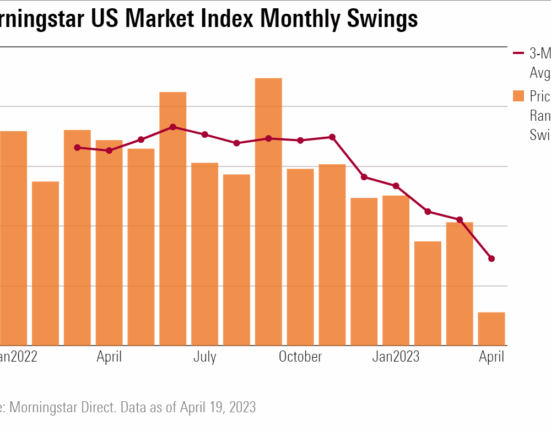The bustling town of Deerfield, Illinois, was rocked by a recent development that sent shockwaves through the community. The U.S. Justice Department has leveled serious accusations against retail giant Walgreens, claiming that the pharmacy chain filled millions of prescriptions over the last decade without a legitimate purpose. Among these were prescriptions for dangerous amounts of opioids, exacerbating the ongoing opioid crisis in the country.
Questionable Practices
According to a lawsuit filed in the U.S. District Court for the Northern District of Illinois, Walgreens’ pharmacists allegedly disregarded clear red flags on controlled substance prescriptions that strongly suggested their illegality. They were accused of succumbing to systematic pressure within the company to fill these problematic prescriptions without properly verifying their authenticity.
The Legal Battle Unfolds
The complaint asserts that Walgreens violated federal laws such as the Controlled Substances Act by filling what were deemed “unlawful” prescriptions and then seeking reimbursement from federal healthcare programs in contravention of the False Claims Act. This legal showdown raises questions about corporate responsibility and compliance in dispensing medications with high potential for misuse.
Despite these serious allegations, Walgreens vehemently defended its practices, stating that its pharmacists adhere to all relevant laws and regulations when filling FDA-approved prescriptions from DEA-licensed prescribers. However, critics argue that internal data and reports from concerned pharmacists within Walgreens itself pointed towards a troubling pattern of illegal prescription dispensation being ignored.
Seeking Accountability
Principal Deputy Assistant Attorney General Brian M. Boynton minced no words when he emphasized the gravity of this situation: “This lawsuit seeks to hold Walgreens accountable for…dispensing dangerous opioids and other drugs…illegally out of Walgreens stores.” The government’s stance underscores the urgency to address issues contributing to opioid misuse and associated fatalities across America.
Interestingly, this legal action is not an isolated incident targeting Walgreens alone; it follows a similar lawsuit filed against another major pharmacy chain, CVS, late last year. Both cases reflect a broader effort by federal prosecutors to confront entities deemed complicit in fueling addiction crises that have claimed tens of thousands of lives annually.
A Complex Crisis
The backdrop against which these legal battles unfold is complex – shifting from prescription pills as primary culprits in earlier years to illicit fentanyl driving much of today’s overdose epidemic. With over 80,000 deaths linked to opioids recorded yearly recently, there is immense pressure on stakeholders across healthcare sectors – including drug manufacturers, distributors, and pharmacies – to be accountable for their role in combatting substance abuse.
In response to mounting criticisms and legal challenges, companies like Walgreens are pushing back against what they perceive as undue regulatory pressure imposed by governmental bodies. Their argument centers around clarifying industry obligations while preventing arbitrary enforcement actions based on ambiguous guidelines lacking formal approval processes.
While this legal saga plays out in courtrooms nationwide with billions at stake in settlements aimed at addressing addiction crises head-on, it underscores fundamental questions about ethics and accountability within pharmaceutical landscapes.









Leave feedback about this